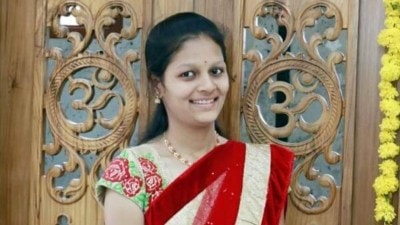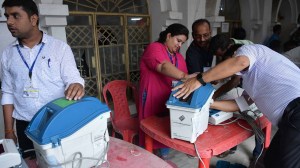- India
- International
How focussed diplomacy won India the International Court of Justice battle
Justice Dalveer Bhandari won the election to the International Court of Justice with 183 of 193 votes in UN General Assembly and all 15 at UNSC voting in his favour.
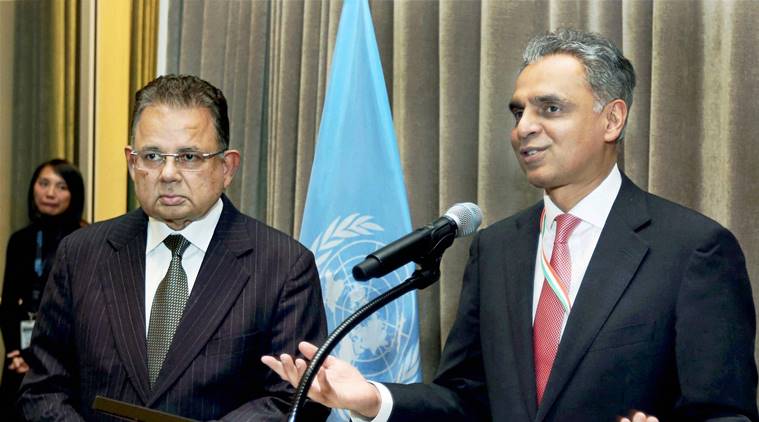 Justice Dalveer Bhandari won the votes in the UN General Assembly to make it to the International Court of Justice after UK pulled out the race. PTI Photo
Justice Dalveer Bhandari won the votes in the UN General Assembly to make it to the International Court of Justice after UK pulled out the race. PTI Photo
As smog enveloped the Delhi sky on the morning of November 10, South Block was busy chalking out plans to tackle the proposed odd-even scheme. Top officials were exchanging notes on who has odd-numbered cars and who has even ones, and the administration was working out car-pooling.
At around that time, in New York, the United Nations General Assembly (UNGA) had just finished the first round of voting for the post of a judge — Dalveer Bhandari, former Indian judge, had beaten UK’s Christopher Greenwood. The count was 115 votes in favour of Bhandari, 76 for Greenwood.
But the outcome was the opposite in UN Security Council (UNSC), where Greenwood beat Bhandari nine to six.
As External Affairs Minister Sushma Swaraj was preparing for bilateral talks with visiting Vice Prime Minister from Democratic Republic of Congo, Leonard She Okitundu, she got a call from India’s Permanent Representative to the UN, Syed Akbaruddin. Also Read: How India’s judge Dalveer Bhandari at the ICJ challenges the global status quo
Akbaruddin explained her about the vote, and how the UNSC had voted against Bhandari. “This vote reflected how the world viewed India vis-a-vis the UK. It was a revelation for us as well,” a top official, who was privy to the ICJ negotiations, told The Indian Express.

The voting at UNGA reflected what South Block officials call “the general mood”.
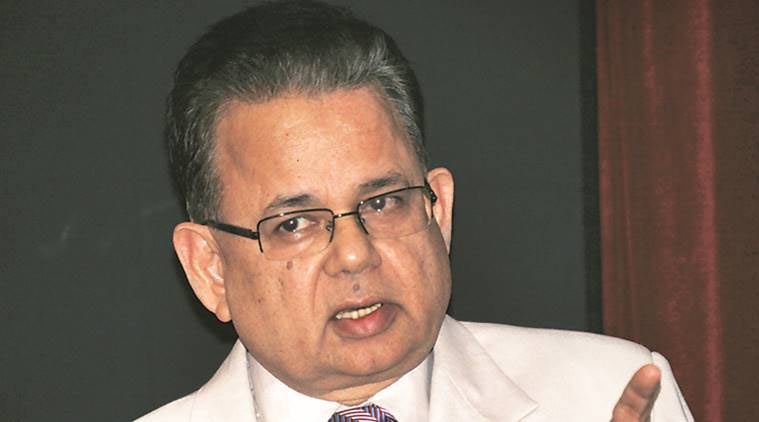
“We knew we had to build on that. And we decided to launch a diplomatic campaign and wanted to take the lead further,” the official said.
South Block immediately created a messaging group on a secret and encrypted messaging app, with key players involved. “It had the Foreign Secretary, the Secretaries and, of course, the PR at the UN, among others,” an official, who is part of the messaging group, said.
“It’s not WhatsApp, I can tell you (that),” she added.
This group was created for real-time coordination between “key players”, so that information can be exchanged without having to depend on coded and ciphered messages. Also Read: US congrats Dalveer Bhandari on re-election, but ‘opposes’ expansion of UNSC veto
Sushma Swaraj made more than 60 phone calls to her counterparts soliciting support, sources said. Prime Minister Modi, too, made “some calls” to world leaders, sources said, without elaborating to whom.
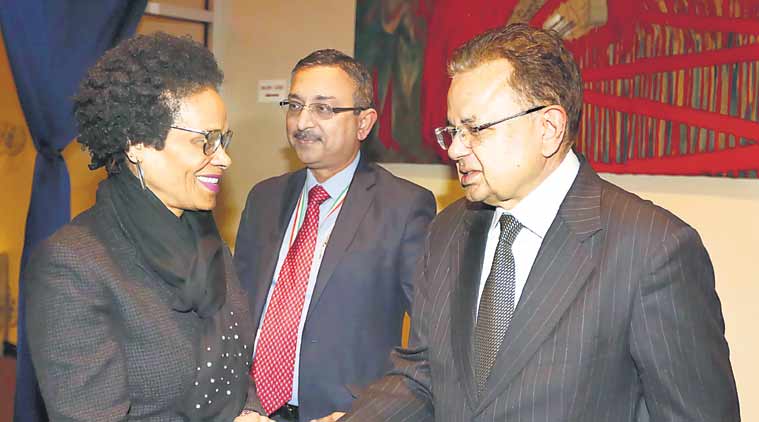 Dalveer Bhandari in New York on Monday. (Photo: PTI)
Dalveer Bhandari in New York on Monday. (Photo: PTI)
“Some European countries were very stubborn, so we needed to talk to them at various levels,” a source said.
When Modi went to the ASEAN and the East Asia summit, the officials and Modi were able to interact with many leaders, without the British PM and officials present. “It was a golden opportunity (for India). Our officials worked on all ASEAN countries, as well as several others who are part of the East Asia summit process,” the official said.
The time-difference between New York and New Delhi also worked in India’s favour. A New York-based Indian diplomat said, “While we were sleeping in New York, Delhi was working the phones and having meetings with ambassadors resident in Delhi. When we woke up, we had to reconfirm the assurances given in Delhi to South Block officials with the country’s envoys in New York. So while Delhi slept, we were working; and then reporting the feedback. This went on for the last 10 days.”
In New York, the Permanent Mission of India to the UN has about 10 diplomats, and each one of them was given 15 to 20 countries. “We worked as per continents and regions — the Africa group, developing countries, neighbours,” the official said.
After 10 days of intense canvassing, late on Monday night — it was by then morning in New York — the UK decided to withdraw Greenwood’s candidature. And Bhandari won, 183 of 193 votes in UN General Assembly and all 15 at UNSC voting in his favour.
Apr 19: Latest News
- 01
- 02
- 03
- 04
- 05











